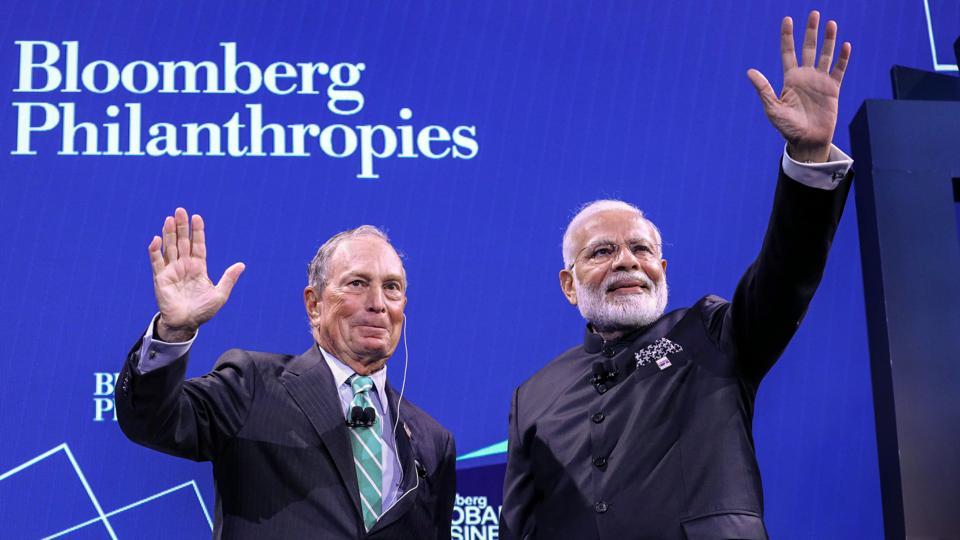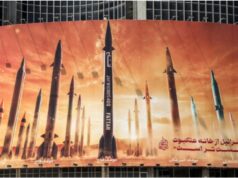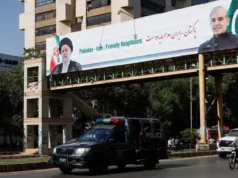PM Modi Regrets Exclusion From Nuclear Suppliers Club In Swipe At China

China has still not agreed for India to become a member of the 48-member Nuclear Suppliers Group, which controls the export of nuclear materials.
Anyway, PM Modi has declared that he aims to achieve 450 gigawatts of renewable power capacity in the “near future” for India. There after nearly all Asian and African Countries will start flocking to India for import of nuclear material. Then what will these 48 countries do? So it will be better for these countries to expel China from the group and invite India to join. As it is China does not deserve to be part of NSG after having helped Pakistan with a nuclear bomb.
Due to Chinese tantrums India still has to look for assured supplies of nuclear fuel for its reactors. The thorium fast breeder reactors will still take a few years to become fully commercialized. So meanwhile India with the world’s third-largest coal reserves will have no options but to construct super mega thermal power plants, thus emitting huge amounts of CO2.
Prime Minister Narendra Modi tempered hopes that the third-largest emitter of carbon dioxide will move quickly to reduce the use of coal, in part blaming the country’s exclusion from a global uranium suppliers group.
“Because India is not a member of the Nuclear Suppliers Group, we don’t have assured supply of the fuel,” he said at the Bloomberg Global Business Forum in New York on Wednesday. “If we get a solution to this, we can create a new model for the world.”
China has kept India out of the 48-member Nuclear Suppliers Group, which controls the export of nuclear materials. The leader of the world’s second most-populous country declined to commit to a reduction in coal usage, which both he and his predecessors have said is essential to ensure electricity to millions of its citizens.
“India has the world’s third-largest coal reserves,” PM Modi said, when asked by Michael R. Bloomberg, founder of Bloomberg LP, if PM Modi expects to reduce coal burning in India. “In a poor country like India, we can’t ignore that fact.
Coal helps produce about 72% of the country’s electricity, which the power ministry’s draft plan seeks to reduce to 50% by 2030. PM Modi said that the country needs to use cleaner methods of mining and consuming the fuel.
Describing India’s commitment to mitigating climate change, PM Modi said he aims to achieve 450 gigawatts of renewable power capacity in the “near future” and is ahead of schedule in implementing a more immediate goal of 175 gigawatts capacity from solar, wind and biomass.
However, India has separately also indicated the country’s climate change response plans are conditional on higher financial support from developed nations. According to the News Agency Institute think tank, India would have to play a major role — along with China and the U.S. — in keeping global warming below the Paris agreement ceiling of 2 degrees Celsius. The three countries combined produce over 50% of the global carbon dioxide emissions, but are also the largest renewable energy markets.
The NSG was created in response to India’s 1974 atomic bomb test that challenged the laws written to prohibit nuclear proliferation. While nations are free to discuss bilateral details with uranium suppliers even if they are out of the NSG, India has slowly but surely added nuclear generation capacity.
The Indian Fast breeder reactor will take some more time to reach the size which is fit enough to generate electricity cheaply at commercialized scales. once that happens then with the vast thorium reserves, there will be just no problems.



